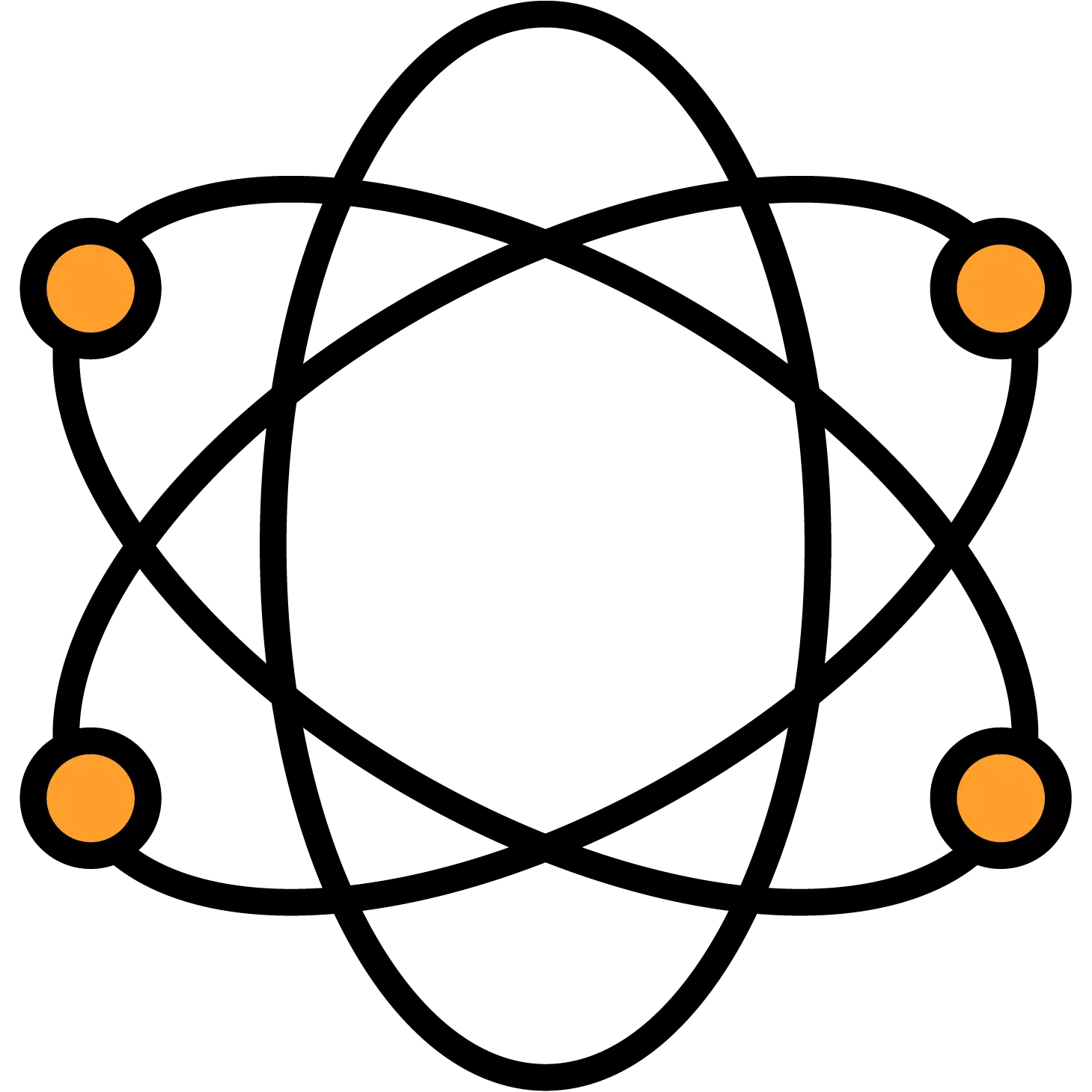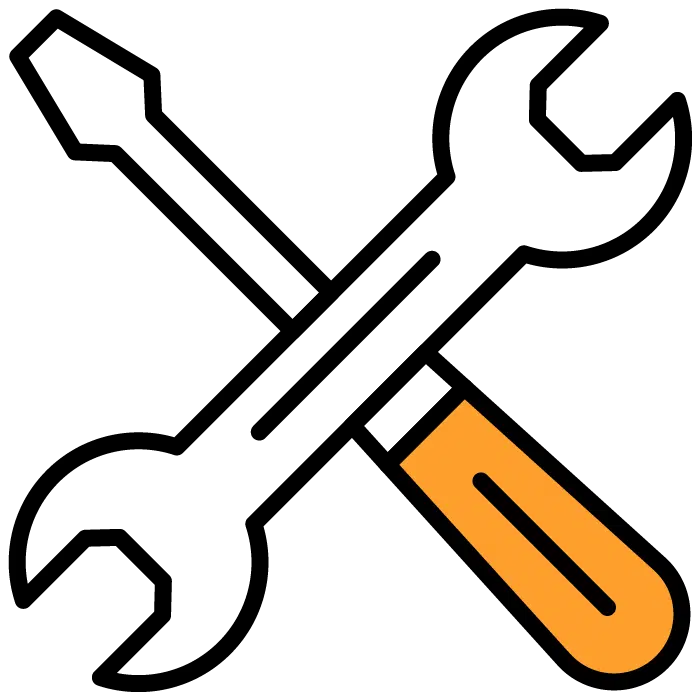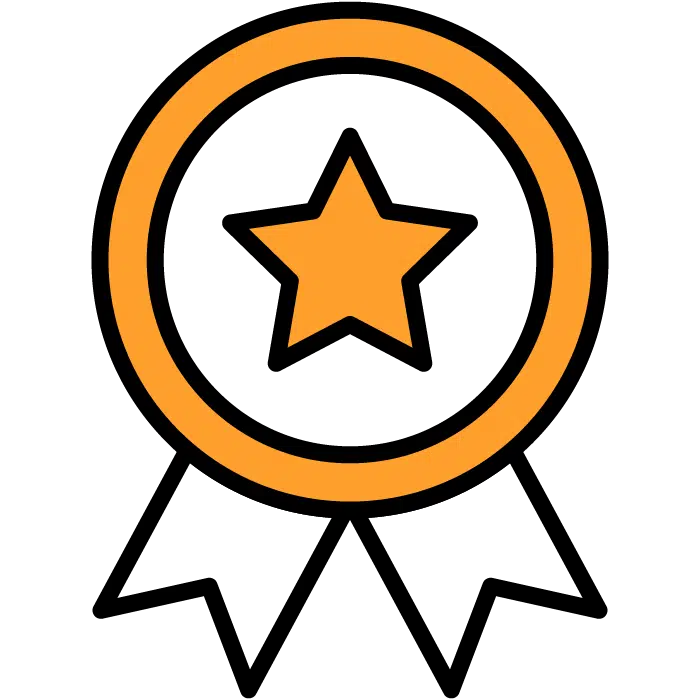The workplace landscape is constantly shifting, shaped by evolving expectations and the increasing mobility of today’s workforce. As recruiters and HR professionals, understanding the relationship between job tenure—how long an employee stays at a job—and their performance in subsequent roles is critical for making informed hiring decisions.
With median job tenure at just 3.9 years (the lowest since 2002 Bureau of Labor Statistics), the question isn’t just how long candidates stay, but how tenure and career moves influence future effectiveness.
This comprehensive guide unpacks the nuances of job tenure, drawing from recent academic research, industry reports, and real-world experience to help recruiters and HR professionals make better talent decisions.
Key Questions This Article Answers
- Is there an optimal tenure length that benefits subsequent job performance?
- What are the pros and cons of short tenures or ‘job hopping’?
- How do industry and job type moderate the impact of tenure on future performance?
- Which metrics best predict performance in new roles?
Job Tenure and Performance: What’s the Connection?
A meta-analysis of 350 empirical studies shows a general trend: longer-tenured employees tend to exhibit higher in-role and citizenship performance. Extended tenure allows individuals to build valuable skills, institutional knowledge, and business relationships, all of which can benefit future roles. However, there’s a twist—this correlation isn’t linear.
Curvilinear Relationship
: Evidence suggests benefits of tenure plateau or even decline after a certain point, so while staying longer can be positive, staying too long could mean diminishing returns (ResearchGate).
Potential Downsides of Overvaluing Tenure
- Overemphasis on tenure can stifle innovation and diversity of thought.
- It may perpetuate skill stagnation if employees are not exposed to new challenges.
Organizations focused solely on tenure risk overlooking the unique strengths and fresh perspectives job hoppers provide. This highlights the need for comprehensive assessment methods that measure skills, adaptability, and learning agility. Platforms with robust employee assessment software can help identify candidates who bring both knowledge depth and adaptability, regardless of tenure length.
The Engagement Curve
Interestingly, employee engagement follows a U-shaped curve: new hires are enthusiastic, which wanes and rebounds with longer service (GAP Bodhi Taru). This pattern emphasizes the importance of ongoing motivation and development at all tenure stages.
Leadership & Team Dynamics
It’s not just personal tenure. Research demonstrates that team leader tenure has a positive impact, even outweighing individual employee tenure in some cases (ResearchGate). For recruiters, assessing the mix of tenures within a team can be as important as evaluating individual candidates.
Job Hopping: Myths, Advantages, and Drawbacks

Job hopping—changing jobs every 1–2 years—is common among younger professionals. Proponents say it offers:
- Exposure to diverse skills and roles
- Avoidance of professional stagnation
- Greater earning potential
A Pew Research Center study found job changers saw a 60% salary bump, nearly 10% on average. Those with shorter tenures are not commonly exiting the workforce but are more often seeking new growth opportunities.
Yet, frequent moves may also raise concerns for some employers:
- Perceptions of disloyalty or unreliability
- Limited chances to establish deep workplace relationships, potentially hindering internal advancement
For more nuanced strategies to balance job stability and agile hiring, see Effective Hiring Processes for Fast-Growing Companies and Mastering Recruitment Delegation in Growth-Focused SMBs.
Optimal Tenure: Why Industry and Role Matter
Not all tenures are viewed equally. Industries with high turnover—like retail, food service, and contact centers—expect shorter stints. In contrast, fields like healthcare or management place more value on longevity.
A survey of 180 hiring managers revealed tenure expectations by seniority:
- Entry-level: At least 1 year
- Mid-level: 3–5 years
- Senior: 5+ years
Relevant experience can substitute for tenure in some roles. For example, two years of direct field experience can often replace two years of tenure. This underscores the importance of skill relevance and work quality over simple duration in a role.
| Role Level | Expected Tenure (Years) |
|---|---|
| Entry-level | 1+ |
| Mid-level | 3–5 |
| Senior | 5+ |
Which Metrics Predict Performance in New Roles?
Focusing solely on tenure is insufficient. Employers should weigh other predictors of new role success:
- Adaptability: The ability to thrive amid change is paramount in fast-evolving industries (Gies College of Business). Those with a “boundaryless mindset” readily collaborate and update skills, which is vital for hybrid or distributed teams.
- Learning Agility: Fast learners adapt better to new processes, tools, and expectations. Learning agility often predicts leadership and long-term success even better than education or basic intelligence.
- Skill Transferability: Candidates who transfer technical or soft skills across industries or functions are easier to onboard and quicker to add value. Relevant custom skill tests can help assess this potential.
- Cognitive Ability: Reasoning, problem-solving, and learning speed matter in any role. Cognitive ability is a trusted predictor of training success and job performance.
- Emotional Intelligence: Self-management and team empathy foster healthy cultures and cooperation, key factors in retention and productivity.
Incorporating these metrics into your recruitment process—using candidate scorecards or structured interview guides—can yield more precise, reliable hiring outcomes.
Hiring Decisions: How Employers Perceive Job Tenure

While traditionalists may still be wary of frequent job changes, many recruiters are shifting toward a skills-based perspective. Diverse experience and demonstrated flexibility are increasingly seen as assets in fast-moving markets.
But company concerns remain—high turnover is expensive, often costing 1.5–2× the employee’s annual salary to replace a departure. Tactics such as contract-to-hire arrangements or project-based onboarding can mitigate risks, allowing for real-world evaluation of a candidate’s reliability, engagement, and value before making a full-time commitment.
Synthesis and Takeaways
- The relationship between job tenure and new role performance is nonlinear and multifaceted. Prolonged tenure can foster strong performance, but benefits may plateau or diminish.
- Job hopping brings both risks and valuable diversity, so recruiters should probe for skill relevance, not just years of service.
- Optimal tenure depends on industry, job level, and required expertise. Hiring criteria should reflect these realities.
- Metrics like adaptability, skill transfer, and learning agility are stronger predictors of success than tenure alone.
“The future of recruitment means prioritizing potential, adaptability, and the ability to transfer knowledge—over simply counting years in a role.”
To deepen your understanding of effective recruitment principles, you might also like Streamline Your Hiring with Pre-Qualification Questions and Cultural Fit: The Key to Hiring and Business Success.
Recommendations for Employers
- Develop robust assessment methods: Move beyond tenure and include skill- and adaptability-based evaluations.
- Support engagement at all points: Foster continuous learning and career growth irrespective of tenure.
- Avoid tenure bias: Focus on the value brought by diverse backgrounds. Short-tenured candidates may offer specialized knowledge that longstanding employees cannot.
- Incorporate structured onboarding and clear feedback cycles: These are vital for both newcomers and established staff.
- Use technology to streamline and optimize hiring: Applicant tracking systems and employee assessment tools can aid in data-informed recruitment decisions.
By focusing on individuals’ potential and adaptability, employers can build agile, high-performing teams ready for any business challenge.
Ready to rethink your approach to hiring? Schedule a free demo with our hiring experts and discover solutions tailored to optimize your recruitment process.




